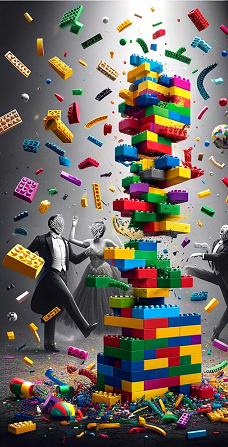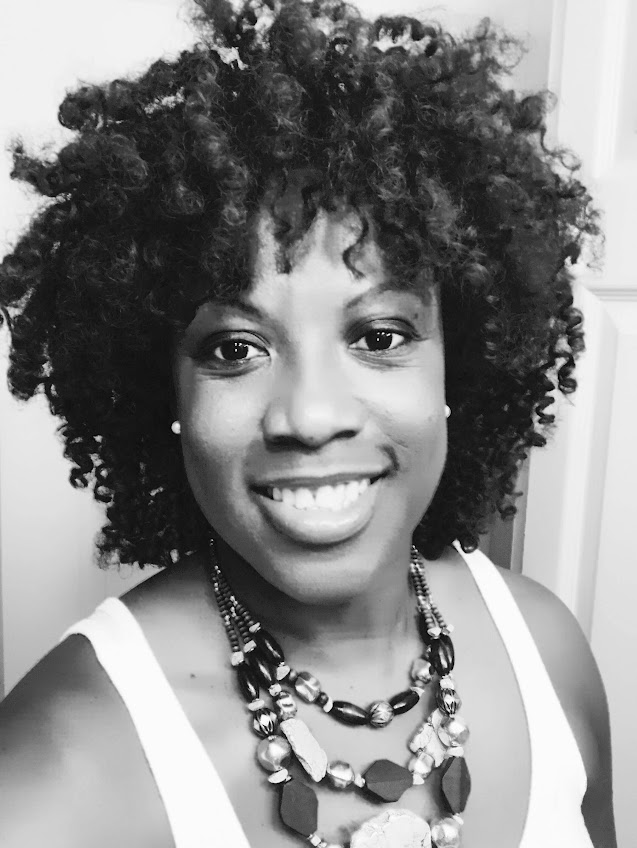Some grief is private.
Some grief is ancestral.
Some grief is so public, so raw, so violent, that the entire world feels it at once.
The murder of George Floyd was one of those moments.
We watched, many of us in real time, as a man begged for his life—for breath—for mercy—and was met with none. We saw what should never be seen. And though we did not all know him personally, millions of us wept. Protested. Prayed. Marched. Shouted. Sat in stunned, shaking silence.
We grieved.
Together.
Globally.
Not just for George Floyd, but for what his death represented.
The grief was layered, historical, spiritual. It belonged to generations.
It called up every name that came before him and every fear that lived within us.
Breonna Taylor.
Ahmaud Arbery.
Tony McDade.
Eric Garner.
Sandra Bland.
Tamir Rice.
Trayvon Martin.
Michael Brown.
Philando Castile.
And countless others—named and unnamed.
It was not a new story.
But this time, the whole world paused.
What Happens When Grief is Collective
Grief is often treated as an individual emotion. A private pain.
But when a collective experiences injustice—especially injustice so visible, so intimate, and so brutal—grief becomes a shared language.
In June 2020, people across over 60 countries marched, lit candles, raised fists, knelt in silence, and spoke the names of Black people murdered by police and systems of white supremacy. From Minneapolis to London, Accra to Berlin, Paris to Sydney, the pain echoed.
This was not just American grief.
This was global grief.
Because racism, colonialism, and state violence are not unique to one country.
They are global structures with local consequences.
And the grief that arose was not only for the victims—but for the parts of us that have been taught to expect this. To normalize this. To survive this.
This grief was not just about death.
It was about injustice without consequence.
About the weight of watching the same story unfold over and over, with different names.
The Psychology of Global Grief
From a psychological standpoint, collective grief behaves differently than personal grief.
-
It activates vicarious trauma—the emotional residue of bearing witness to violence we cannot stop.
-
It triggers historical memory—bringing up ancestral trauma, especially for Black communities whose generational lineages are marked by racial violence.
-
It stirs moral injury—the feeling that what we are witnessing violates every sense of decency, fairness, and safety.
-
It creates empathic pain—where we literally feel in our bodies the weight of someone else’s suffering.
-
And it activates identity-based trauma, where we grieve because that could have been us. That could have been someone we love.
For some, the grief emerged as tears.
For others, as rage.
For others, as numbness.
For many—especially Black people—it emerged as exhaustion.
And even as the protests faded from the headlines, the grief did not go away. It lodged itself in the nervous system. It stayed.
Because global grief does not resolve quickly.
It lingers.
It resurfaces.
It reshapes how we feel about the world—and ourselves within it.
Grief is Also an Awakening
As painful as that time was, something else was present alongside the pain: solidarity.
We saw people show up who had never marched before.
We saw children carry signs. Elders pray in the streets. Artists flood cities with murals and poetry and portraits.
We saw people reckon.
Not perfectly. Not always with depth. But something cracked open.
Grief, when it is shared, has the potential to move people from silence to speech. From awareness to action. From numbness to witness.
And that is powerful.
It is not healing in itself—but it is part of healing.
It is not justice in itself—but it is a signal that justice is overdue.
It is not a cure for trauma—but it is a call to stop the bleeding.
Poem: “We Grieved in Every Language”
We grieved in every language—
in fists and feet
in prayers and paint
in silence and in songs
on sidewalks and in courtrooms
in hashtags
in holding each other.
We grieved in every time zone—
not because we all knew him
but because we all felt it—
the knowing,
the breaking,
the breathlessness of being unseen
for too long.
Grief Is Not the End. But It Must Be Witnessed.
One of the most dangerous things we can do with collective grief is to move on too quickly.
To bury it in performative allyship, surface-level reforms, or social media trends.
Real grief asks for reckoning.
Real grief demands change.
Not just externally, but internally—in how we see each other. How we protect each other. How we refuse to return to “normal” when normal was built on violence.
To grieve globally is to remember that we are interconnected.
That what happens to one of us reverberates.
That we are never untouched by injustice, even if it does not knock on our own door.
Grief, When Honored, Can Lead to Transformation
The work of grief is not only mourning what was lost.
It is about fighting for what must be built.
It is about refusing to forget.
And it is about holding onto humanity—in a world that keeps trying to take it.
This is the psychology of collective grief:
It overwhelms.
It connects.
It demands.
It shapes the future, if we let it.



